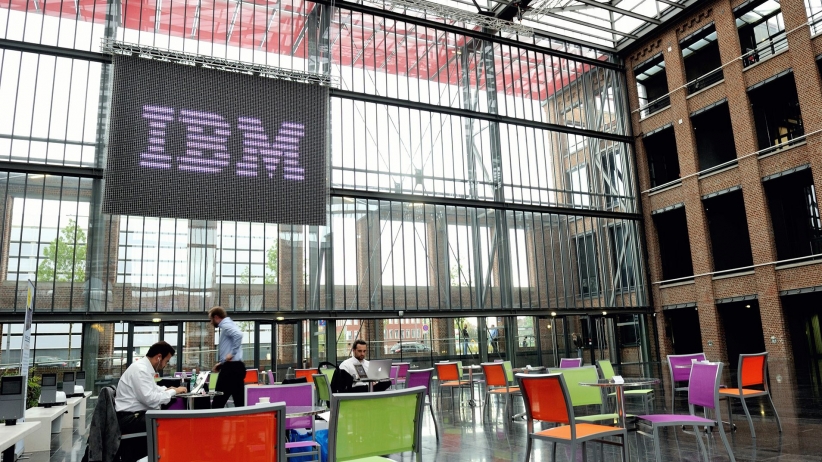
Remember the time Marissa Mayer banned telecommuting at Yahoo and started a media firestorm? Some thought she’d flipped her lid. Others said she’d made a grave mistake that would kill morale. Well, she hadn’t and it didn’t. That was one of the few things she did right in her ill-fated attempt to turn around the hapless internet portal.
While the former Googler didn’t intend to start a trend, she did. HP followed suit a few months later. Then came Best Buy, Bank of America, Aetna and others.
Last week, IBM gave thousands of virtual workers an ultimatum: either show up in the office, or go work somewhere else. Considering that Big Blue pioneered the “anytime, anywhere workforce” decades ago, that sort of closes the books on what has turned out to be yet another overhyped management fad.
Years ago, telecommuting was all the rage. Many predicted that, in the not-too-distant future, just about everyone would work remotely. Turns out, while working alone can boost productivity for some, the isolation can also have a chilling effect on collaboration and innovation. It’s sort of a mixed bag.
With decision-making becoming more real-time, data-centric and collaborative every day, it’s easy to see that a distributed workforce can slow the wheels of progress. It’s not at all surprising that nearly every company that’s put a stop to working remotely has been in a turnaround situation when team performance is critical.
That’s why Apple spent billions to build Apple Park — its new spaceship-like headquarters with 175 acres of parkland and a 2.8 million square-foot main building that can house more than 12,000 employees. It’s all about collaboration and innovation. You’d think the tech giant would know something about that sort of thing.
The notion of overhyped management trends goes far beyond telecommuting. Every year or so the media goes bananas over a new fad. Enterprising opportunists then write books and start lucrative consultancies. There are…

